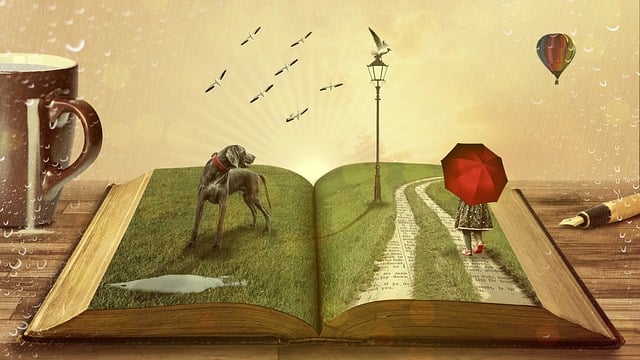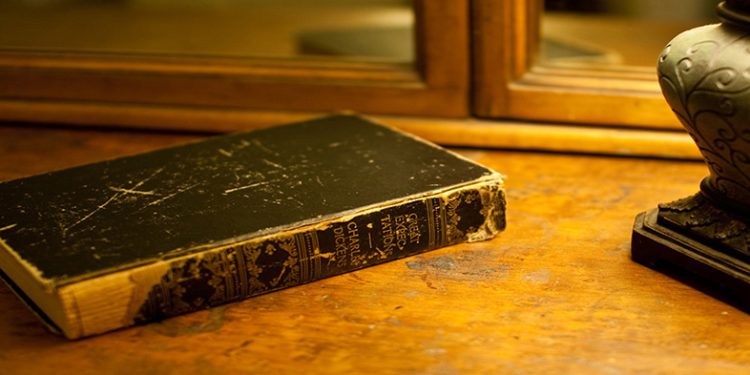Books: gateways into new realms, windows into unfamiliar lives, quiet confidants that accompany us on solitary sojourns, or spirited conversationalists that incite fiery debates. Literature, with its sublime tapestry of themes, genres, styles and characters, constitutes an enchanting yet complex universe that can seem intimidating to the uninitiated. But fear not, intrepid explorers! This feature, brimming with curated recommendations and useful tips, is designed to be your compass as we set off on a delightful journey through the verdant forests of prose, the murmuring rivers of poetry, the mysterious caves of metaphors, and the towering mountains of narratives. Fasten your seatbelt as we chart your course through “Literature for Beginners: Where to Start”. Let’s begin our literary adventure!
Starting with literature might seem like diving into a vast, infinite ocean, and the key to a successful venture is selecting the right books. Your preference may guide you towards literary classics like “Pride and Prejudice” or best-sellers, such as “Harry Potter” series. Or you might decide to discover hidden gems from authors like Richard Bach or Gabriel Garcia Marquez. You might even be drawn to explore the mystical realms of fantasy or gnawing suspense of crime thrillers. The decision ultimately resides with you. Allow the narrative to extend its hand and take you on an unprecedented journey.
A book isn’t simply a vessel of plot and characters, but an intricate weave of themes and emotions that communicate the author’s message. Interacting with these elements enhances your reading experience. Characters may express profound truths or embody complex traits that echo observations of the human spirit. Themes like love, betrayal, or the quest for power invoke deeper contemplation. Various literary devices, such as allegory, foreshadowing, and irony, serve as tools for the author to deftly navigate you through the narrative’s corridors. You might adopt tools like:
- Note-taking: to log character developments or plot points,
- Annotation: for marking significant passages,
- Dictionaries and Thesauruses: for exploring vocabulary and context,
- Discussion Groups: for sharing and receiving perspectives.
Your approach to reading can significantly extend the horizon of your understanding.
As a newcomer stepping into the literary world, the selection of genres available might bewilder you. Your personal liking may lean towards realistic fiction’s intricate plots or romance’s impassioned narratives. Perhaps, you have a taste for the unforeseen twists in mystery/thrillers or the scientific conjectures of sci-fi. There are endless paths for you to embark on. Reading reviews, looking up best-sellers lists in your favored genre, or asking for recommendations are excellent ways to choose your next read. Remember, literature is a world that invites you with open arms, ready to whisk you away on adventures, to make you laugh, cry, think, or to simply give you company. The key is to let go of any pressure to read everything, or to stick firmly to one genre, and instead be open to exploring at your own pace.
Unveiling the world of literature is like drawing back the curtain on a captivating tapestry of emotion, adventure, romance, history and a myriad other realms your mind can travel. Our maiden voyage into the world of words and stories may have just touched the surface, but remember, every reader began there. Begin with these suggestions, follow where your heart leads, let your curiosity guide you and soon, the literature cosmos will open its profound depth. Keep exploring, keep reading, keep growing. In the pages of books, you will discover worlds beyond your imagination, meet characters that become friends and stories that become parts of your life. You are now an initiate in the grand tale of literature; welcome to the bibliophile’s universe. May your journey be filled with endless chapters of joy and profound insights. Happy reading!






